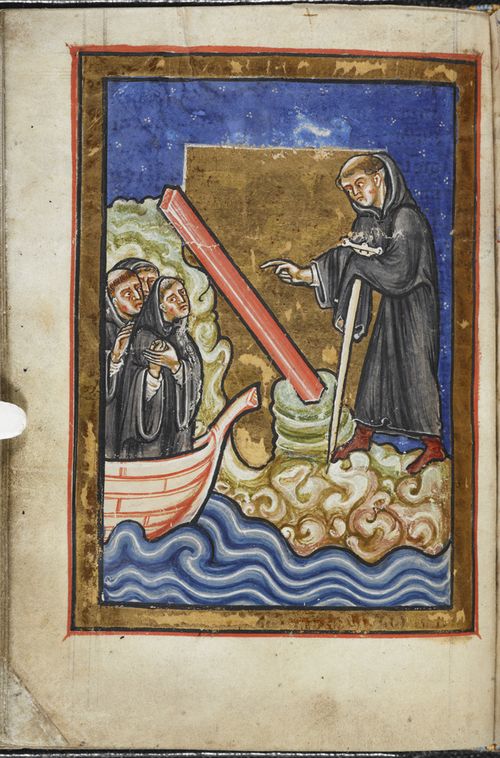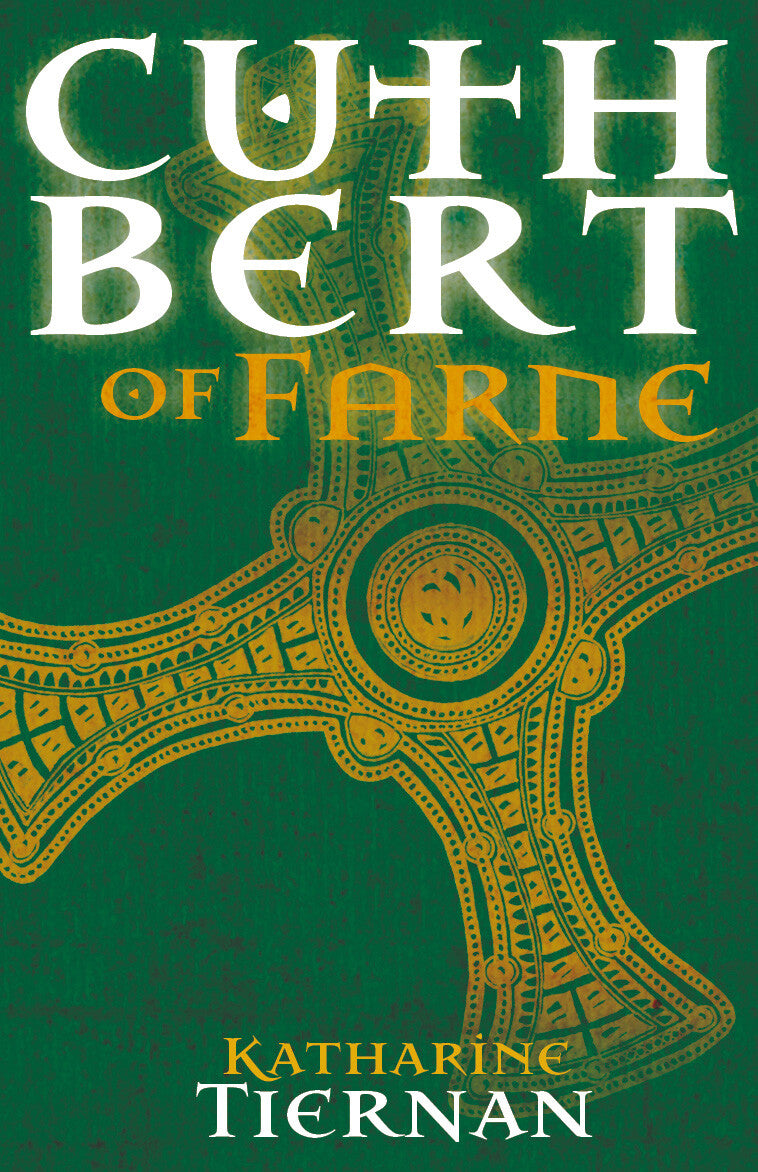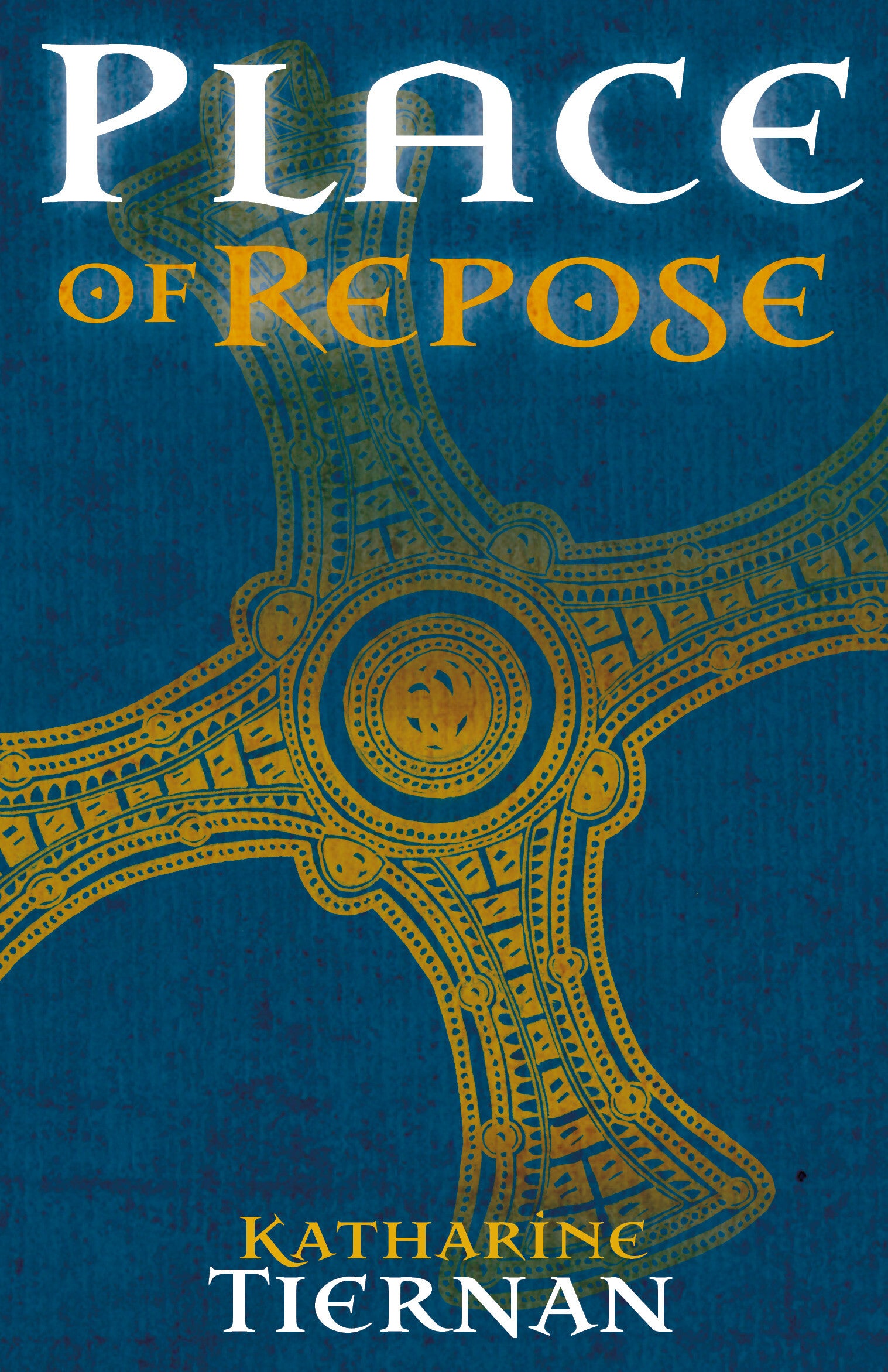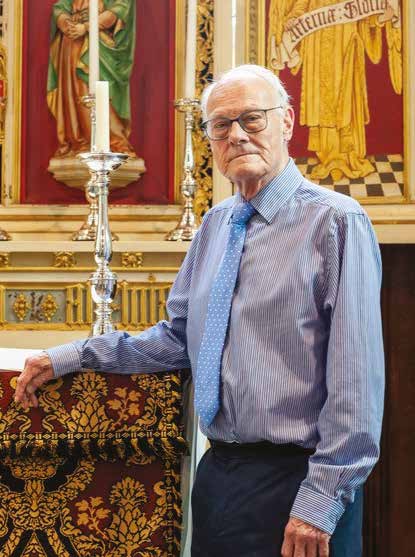 St Cuthbert is, of course, the patron saint of self-isolators. He spent eight years on Inner Farne, a small island off the coast of Northumberland, and provides a great example for those new to the practice…
St Cuthbert is, of course, the patron saint of self-isolators. He spent eight years on Inner Farne, a small island off the coast of Northumberland, and provides a great example for those new to the practice…
Despite Cuthbert’s isolation, he became famous for his saintliness and men would row across to the island to seek advice or consolation. The Venerable Bede, in his Life of Cuthbert, tells us how he maintained social distancing:
He shut himself away from sight within the hermitage, rarely talking to visitors even from inside, and if he did so then only through the window. He used to keep the window open and enjoy seeing his brethren and being seen by them, but in the end he blocked it up and opened it only to give a blessing or for some definite need.
Bede, Life of Cuthbert, ch. 18
I’m sure Boris would approve.
St Cuthbert was also a keen gardener, an ideal pursuit for the self-isolator. Despite the challenging conditions on Inner Farne, he managed to grow enough barley and vegetables to feed himself. Given the current state of the supermarket shelves we may soon need to follow his example. Bede gives us a few hints on how he dealt with the island’s hungry wildlife. Here’s a re-telling of Bede’s story from Cuthbert of Farne:
When the turf was cleared from his first field, he dug it over to plant barley. The rooks who lived on the island watched him, heads sunk back into their chests and feathers ruffled out against the wind, patient. As soon as the barley went into the ground they were on it, long beaks digging the grain from the soil. He called out to them at once, remonstrating. “Why are you eating my grain? Do you need it more than I do? Has God given you permission to take it?
The rooks paused, looking up uneasily. The pecking ceased; after a while they hopped away sideways with a show of disinterest. He knew they had heard him. Next morning they returned. One of them had a lump of fat in its beak. They spread out their wings on the ground, lowering their heads, and dropped the fat on the ground before him. He blessed them and picked up the fat as they flew off. He sowed the crop again. When the bright green shoots pierced the soil and waved in the breeze unmolested he laughed aloud.
Katharine Tiernan, Cuthbert of Farne, p. 205
Cuthbert led a disciplined life of prayer and contemplation, but nevertheless he understood that the special joy of the self-isolator is to be free of the whims and dictates of the boss:
He very often stressed that the brethren ought not to marvel at his way of life, as though it were specially exalted to cast aside the cares of the world and live apart. “It is the monastic life you ought to stand in awe of. In that life everything is subject to the abbot; the times of prayer, fasting, vigils and work are governed by his will.”
Bede, Life of Cuthbert, ch. 22
Cuthbert could set his own timetable and make his own rules. Every self-isolator has the same privilege, even if working from home turns out to be more about choosing the next coffee break than deciding on preferred fast times. And no need to worry about what to wear. In Cuthbert’s day, disregard for personal appearance was regarded as the height of spiritual virtue:
Care of his own body was so far from his thoughts that he kept his soft leather boots on his feet for months on end without ever removing them. If he put new boots on at Easter they wouldn’t come off till the following Easter and then only for the Washing of the Feet in church on Maundy Thursday.
Bede, Life of Cuthbert, ch. 18
So if you find you haven’t taken your slippers off for a fortnight, don’t be dismayed! You are truly following in his footsteps.
Physically arduous though it was, Cuthbert loved his solitary life on Inner Farne. When he was elected bishop in absentia, letters and messengers were sent to the island, but he refused to move. At last the king himself with the senior clergy of the land sailed across to Inner Farne to plead with him:
At last he came forth, very tearful, from his beloved hiding-place and was taken to the synod. Very reluctantly he was overcome by their unanimous decision and forced to submit to the yoke of the episcopacy.
Bede, Life of Cuthbert, ch. 24
When our self-isolation comes to an end, perhaps we’ll feel as reluctant as St Cuthbert to rejoin the world. Enjoy it while you can!
Katharine Tiernan is a Northumbrian by birth and spent many childhood afternoons on the shores of Lindisfarne. She studied English Literature at York University and worked as a teacher and community artist. By the turn of the millennium, both Katharine and her Australian husband were hankering for the wide-open spaces of the north and moved back to Northumberland. She has published two books with Sacristy Press, Cuthbert of Farne and Place of Repose.












